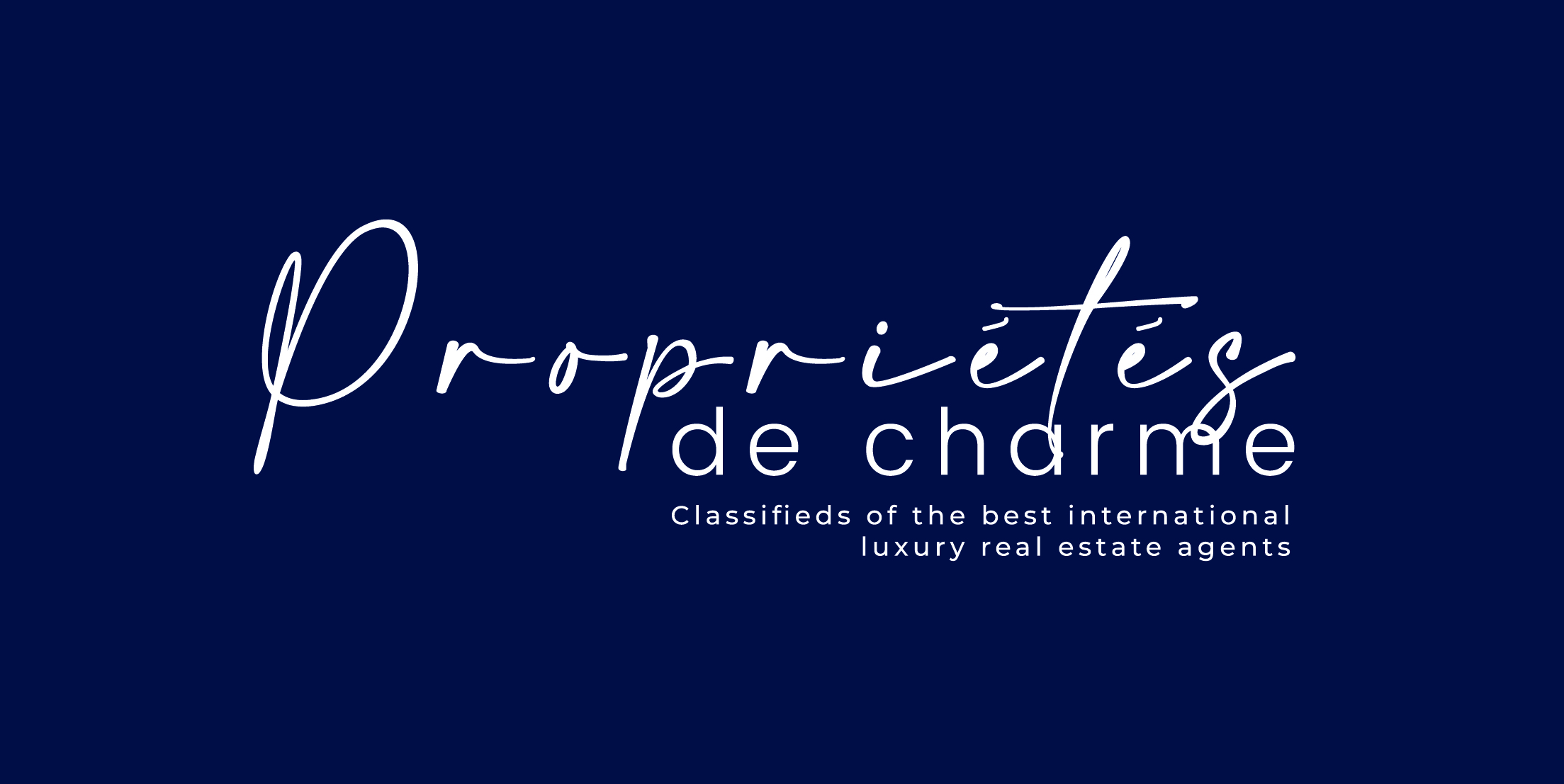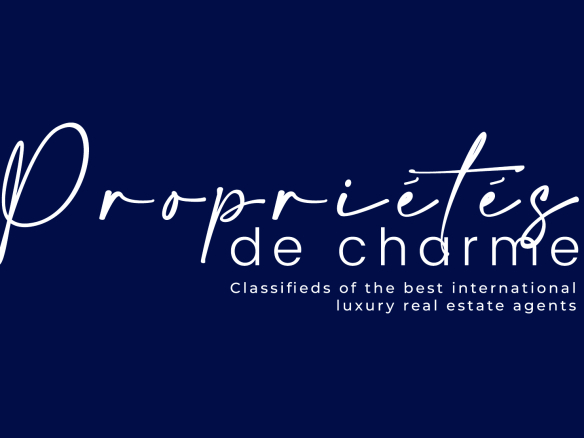Tips for Buying a Castle in France
Buying a castle in France evokes images of grandeur, history, and picturesque landscapes. Many people dream of owning such a property, whether it be a majestic medieval castle or an elegant 18th-century manor. However, buying a castle is not a simple task. It requires careful preparation and a thorough understanding of the various aspects of the real estate market. This article offers practical advice to help you navigate this complex process.
1. Define your criteria
Before you begin your search for a castle, it is crucial to define your purchasing criteria. Here are some questions to consider:
- What is your budget? Establish a realistic budget that includes not only the purchase price but also associated costs such as taxes, potential renovations, and maintenance. Castles can vary considerably in price, and it's important to know how much you're willing to invest.
- What type of castle are you looking for? Do you want a medieval castle with stone walls and a moat, or would you prefer a more modern property with contemporary amenities? Also consider the size and number of bedrooms you need.
- What is your preferred location? France offers a multitude of regions where castles are available. Some regions, such as the Loire Valley, with its famous castles, or Provence, known for its idyllic landscapes, could be particularly attractive.
- What are your objectives? Do you intend to live there, spend holidays there, or transform it into a bed and breakfast or event venue? Your objectives will influence the choice of property.
2. Hire a professional
Hiring a real estate agent specializing in luxury properties is a wise step. A professional can help you in several ways:
- Access to exclusive opportunities : Real estate agents often have a network of contacts and can show you properties that are not yet on the market.
- Market knowledge : A good real estate agent knows market trends, prices of similar properties, and can advise you on the best deals.
- Negotiation : Buying a castle often involves complex negotiations. An experienced agent can help you navigate these discussions to get the best possible price.
3. Visit several properties
Don't limit yourself to just one visit. It's important to compare different properties to make an informed decision:
- Assess the overall condition : During your visits, carefully examine the condition of the property. Look for signs of dampness, cracks, and the condition of the roof. The age of the installations (plumbing, electricity, heating) is also a factor to consider.
- Compare prices : By visiting several castles, you can better understand market prices and determine if a property is overvalued or undervalued.
- Consider the surroundings : Examine the immediate environment. The proximity of amenities (shops, schools, hospitals) and tourist attractions can influence your decision.
4. Study the legislation
Buying a castle in France involves specific legal considerations that should not be overlooked:
- Check the legal status : Some castles may be listed as historical monuments, which means they are subject to strict regulations regarding renovation and maintenance. This may limit your ability to make alterations.
- Consult a notary : Before signing any contract, it is advisable to consult a notary to review the legal documents. This will allow you to understand all your obligations as the property owner.
- Learn about property rights : Make sure you understand any existing easements, such as rights of way or water rights, that could affect the use of the property.
5. Take maintenance costs into account
Maintaining a castle can be expensive and should be factored into your overall budget:
- Repairs and renovations : Most castles will require renovation work. Prepare a cost estimate for repairs, interior refurbishment, and landscaping of the exterior spaces.
- Operating costs : Consider the costs associated with water, electricity, heating, and security. Castles are often large properties, and these costs can add up quickly.
- Taxes : Property and council taxes can be high for luxury properties. Be sure to include these costs in your overall budget.
6. Assess the rental potential
If you are considering renting out your castle, it is wise to think about:
- The rental market : Research the demand for castle rentals in the area. This can be an excellent way to generate additional income.
- Additional amenities : Consider what would make your castle attractive to tenants, such as guest rooms, event spaces, or even facilities for recreational activities.
- Regulations : Check local laws regarding short-term rentals, as some municipalities may have restrictions.
7. Consider the financing
The financing required to purchase a castle may differ from that of a conventional house:
- Mortgages : Some banks offer specific mortgages for luxury properties. Inquire about the financing conditions, which may be stricter than for standard residential properties.
- Private financing : Explore alternative financing options. This could include private investors or partnerships.
8. Surround yourself with the right experts
When considering the purchase of a castle, it is essential to surround yourself with the right experts:
- Architect : An architect can assess the condition of the property and advise you on the work needed to preserve its historical integrity.
- Lawyer : A lawyer specializing in real estate can help you navigate the legal aspects of the purchase, ensuring that all documents are in order.
- Heritage expert : Hiring an expert can help you assess the historical and cultural value of the property, which can influence its purchase and resale value.
9. Anticipate resale
Although buying a castle is an exciting project, it is wise to think about the eventual resale:
- Location : A property's value can be greatly influenced by its location. Look for developing areas or regions that attract tourists to ensure good long-term value.
- Improvements : Investing in renovations and improvements can increase the property's value. Consider what might attract future buyers, such as modern amenities, while preserving the building's historical character.
- Know the market : Stay informed about real estate market trends. This will allow you to make informed choices regarding improvements and the timing of the sale.
10. Take your time
Finally, buying a castle is an important decision that should not be rushed. Take the time to carefully consider each step:
- Evaluate your options : Don't feel rushed into making a decision. Take the time to visit several properties and consider all your options.
- Think long-term : Consider your long-term goals. A castle can represent a considerable investment, both financially and emotionally.
- Don't ignore your feelings : Choosing a castle is often a matter of love at first sight. Trust your instincts, but be sure to carefully weigh the pros and cons before committing.
Buying a castle in France is an exciting adventure, but it requires careful preparation and a good understanding of the real estate market. By following these tips, you'll be better equipped to make informed choices and realize your dream of owning a magnificent historic property.
Follow " ProprietesDeCharme.com " on YouTube , as well as on Facebook, Twitter , LinkedIn , Instagram , and Pinterest.


